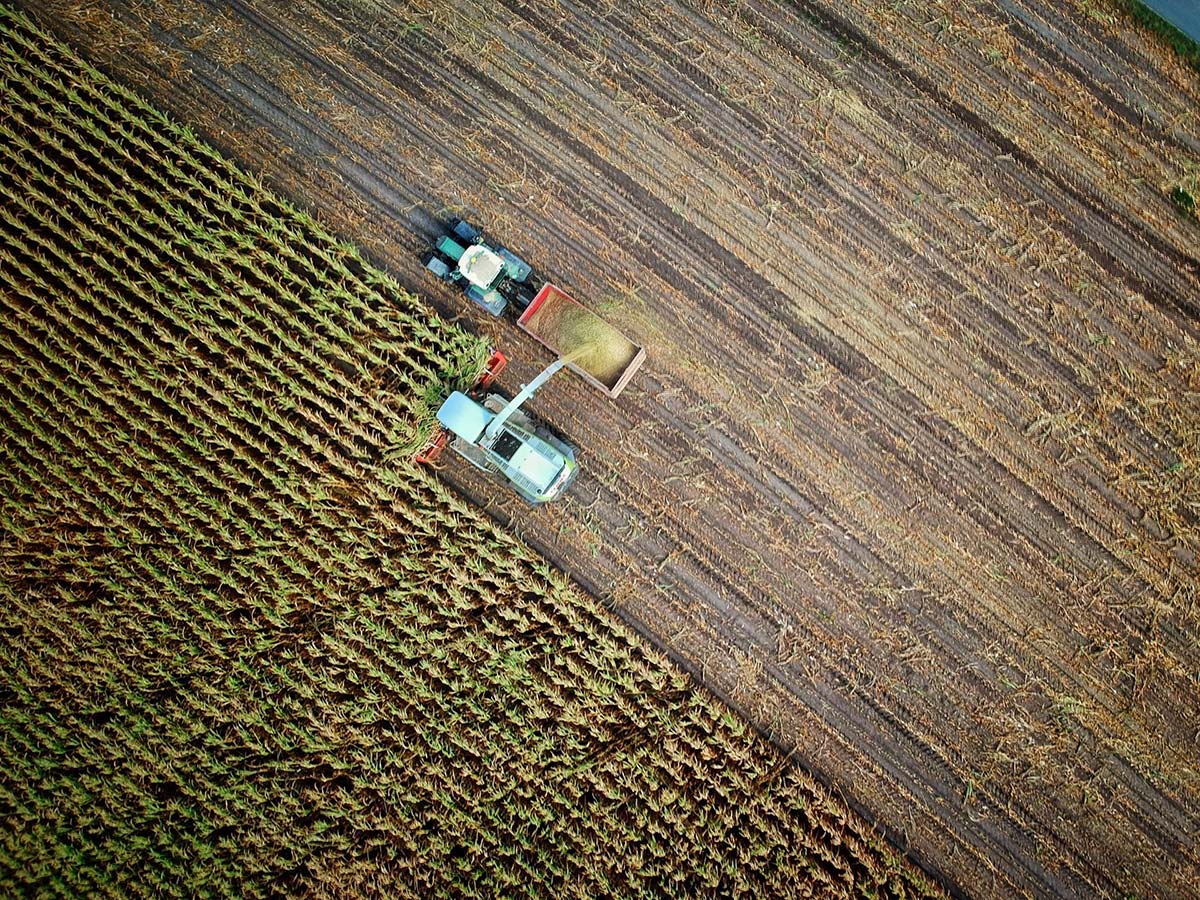
About Attorney Jesse Haskins
Integrity and reputation mean a lot to Jesse Haskins. So much so, he dedicates his legal practice to preserving them – and seeking the truth.
Nobody likes taxes, but local tax authorities should love farmers. It’s not just tax authorities. When it comes to farmland, diverse groups love farms-for different reasons. The military loves farmland. Farmland provides the most cost effective contributions to the public coffers (less euphemistically known as taxes), plays an invaluable role in our national defense, and makes our land beautiful. Let’s survey the benefits and policy incentives used to achieve them.
Tax Revenue
There are misperceptions that farmers do not pay their fair share of taxes, that farmland does not constitute the “highest and best use” of land, and that more development means more tax revenue. Growers actually pay more than their fair share of taxes, based on cost of community services (COCS) studies. COCS studies compare the tax impacts of residential development, farmland, and commercial/industrial use. Residential land use drains government revenue. Residential land use saddles local government with the costs of education, public safety, social services, and other programs. The costs of these programs exceeds what residential areas pay in taxes. The opposite is true for farmland. The governmental resources going into farmland is less than what farmers pay in taxes. In other words, farmers spend more on taxes than they take in from local governments. In 2002, for every dollar that farmland pays in taxes, the government paid back a median of 36 cents. One locality has the distinction of farms giving the most bank for the buck farms to tax authorities. In Carrol Township, Pennsylvania, two cents is the cost of services farms receive in exchange for putting a dollar into community coffers. The least bang for the buck is in Dover, New Hampshire: 94 cents.
The Florida Legislature has recognized the need to conserve, protect, and encourage the use of agricultural lands through the Greenbelt Law. The Greenbelt Law provides for the taxation of agricultural land at an especially low rate. The Legislature enacted the Greenbelt law to prevent farms from “being taxed out of existence”. To qualify, the grower must apply for an exemption with their local tax appraiser.
Military
The military has spent a total of $259 million to preserve farmland through the Readiness and Environmental Protection Integration (REPI) Program. The program helps resolve the military concerns about “encroachments.” For example, lights from homes and business reduce the effectiveness of night-vision training. Wildlife, squeezed about by residential and development, has no place to go but “onto less developed military lands“-or farms.
From the military perspective, farmland provides an important buffer between military operations and development. To promote farms, the military has partnered with local governments, state governments, and not for profit organizations to preserve more than 437,000 acres of farmland near military bases. [link: These partnerships rely on a legal mechanism called agricultural conservation easements. With an agricultural conservation easement, the owner of the farm either gets cash, tax benefits, or a mixture of both. In return, the farm owner sells the right to develop the land. The grower still owns the land, still has the right to occupy the land, and still has the right to make money from agricultural uses. But the grower sells the right to develop the land in particular ways. For example, the landowner may lose the right to build a hotel, or to sell the land to a developer to build a hotel.
Community Welfare
A study of 44 cities shows that more green space means higher community well-being. Parks are well known places where neighbors can socialize, but green spaces also improve health. Individuals can get healthier just by taking an aromatic whiff of plants because of compounds in plants called phytonicides. These compounds can lower blood pressure, and fight cancer. The sight of nature can alleviate prison violence more effectively than armed guards. Nature has the obvious effect of promoting calm, and stands as a haven from the concrete jungle. Even in prisons, nature videos may combat violence just as effectively as six guards in Kevlar vests and full riot gear. Nalini Nadkarni and her colleagues found that prisoners watching nature videos committed 26% fewer violent infractions as compared to those who did not watch.
Conservation falls within the purview of the Natural Resources and Conservation Service (NRCS). This federal agency administers two agricultural conservation easement programs: the Agricultural Conservation Easement Program (ACEP) and the Regional Conservation Partnership Program (RCPP). As agricultural conservation easement programs, ACEP and RCPP works on a similar legal foundation as the military’s Readiness and Environmental Protection Integration. The owner of farmland sells or donates the right to develop the land to a governmental agency or non-profit entity. The agency or non-profit buys or gets (through donation) the right to monitor and enforce the landowner’s promise to keep the land free from development. Through the ACEP program, governments and non-profits apply to the federal government for funding. In the RCPP program, landowners may either apply through NRCSs’ “partners,” or apply to NRCS directly.
This survey of agricultural land use laws shows that more agricultural land use benefits everyone-not just farms and eaters (which should already be everybody). Farms make funding for robust community services possible, and play a vital role in our national defense. Farms can provide every person with a sense of community and serenity. The time to preserve these benefits is now. Every minute, our country loses three acres of farmland to development. Much of this destructive trend happens in our own state. Florida ranks eleventh in “states with the most threatened agricultural land.” But every reader can do something: take advantage of the Greenbelt law, participate in agricultural conservation easement programs, advocate for more funding, or donate non-profit organizations like the American Farmland Trust and the Land Trust Alliance. The Land Trust Alliance also maintains a directory of Florida-based organizations that preserve farmland.
This article has previously been published by the Florida Food Policy Council
